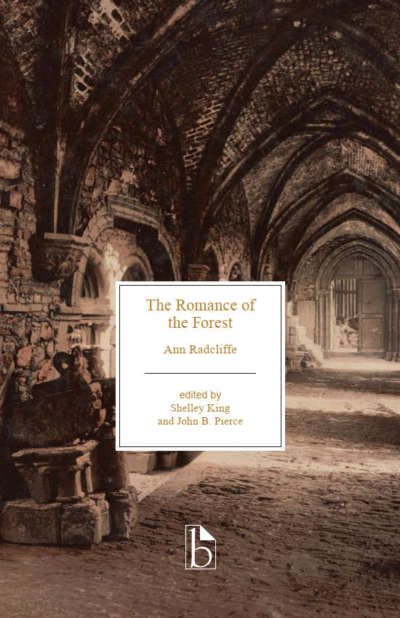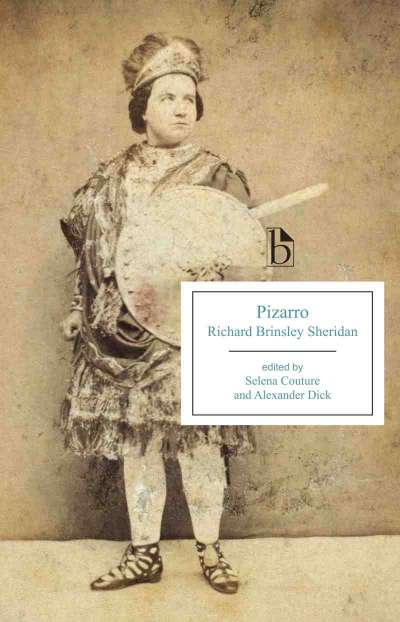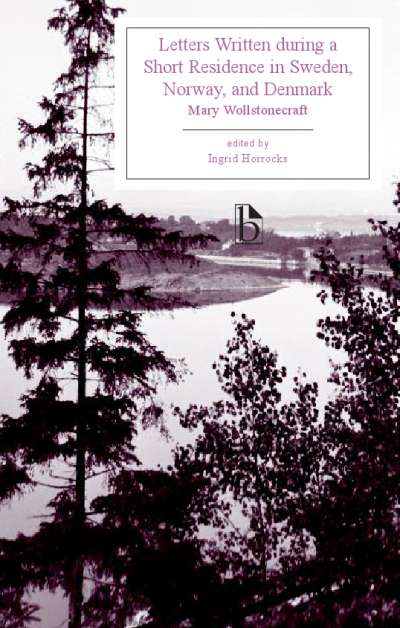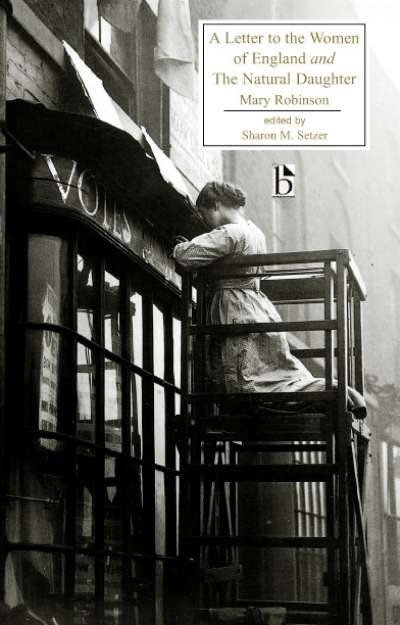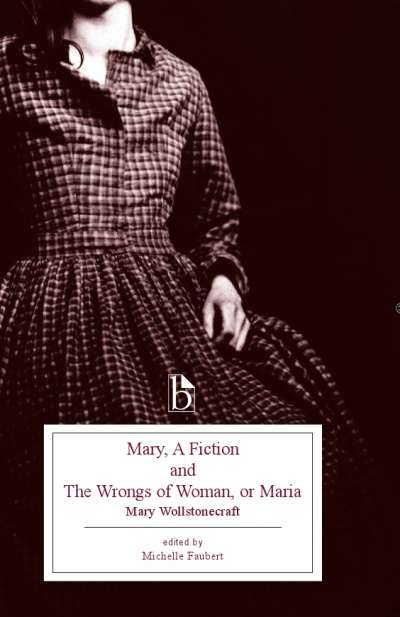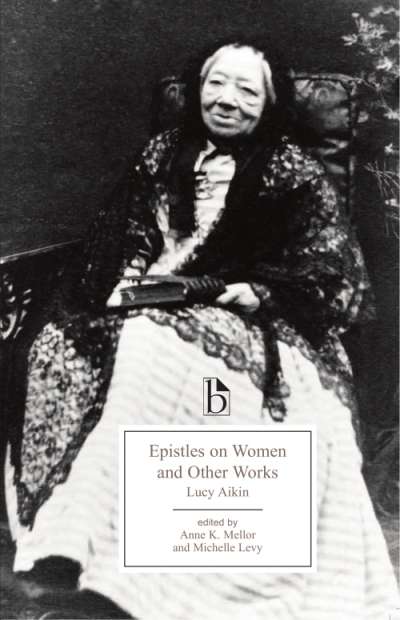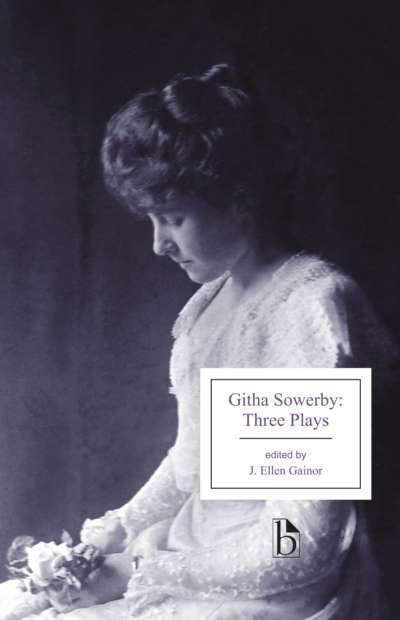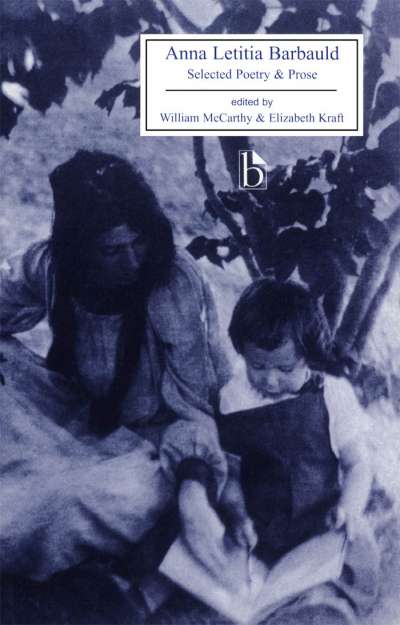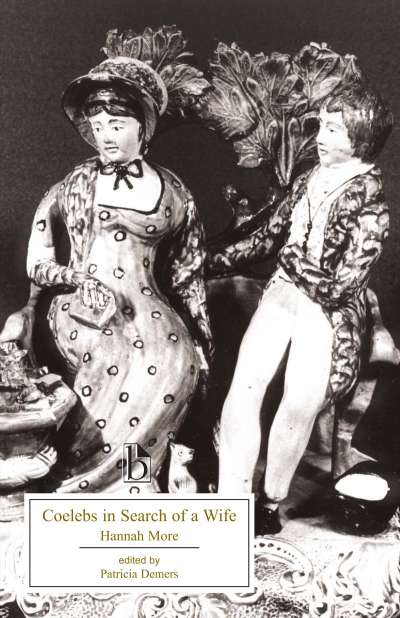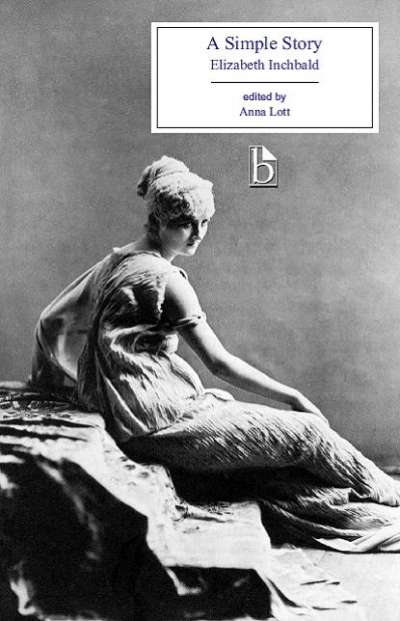Baillie’s eminently readable dramas stand at the crossroads of the Scottish Enlightenment and early Romanticism, and compellingly engage with questions of women’s rights. Her exploration of the passions, first published in 1798, is here reissued with a wealth of contextual materials including “The Introductory Discourse,” Baillie’s own brand of feminist literary criticism. The three plays included here are “Count Basil: A Tragedy,” and “The Tryal: A Comedy,” which show love from opposing perspectives; and “De Monfort: A Tragedy,” which explores the drama of hate. Among other appendices, the Broadview edition includes materials on the contemporary philosophical understanding of the passions, and contemporary reviews.
Baillie’s work is enjoying a revival of interest. She lived a long life, (1762-1851), and had a wide circle of literary friends including Maria Edgeworth and Sir Walter Scott (who termed her a “female Shakespeare”). Scottish born, she moved to England in her twenties where she then resided. Her Plays on the Passions, alternatively known as A Series of Plays in which it is Attempted to Delineate the Stronger Passions of the Mind—Each Passion being the Subject of a Tragedy and Comedy was produced in three volumes between 1798 and 1812. The first volume created quite a stir amongst the literary circles of London and Edinburgh when introduced anonymously. The speculation into the authorship concluded two years later when Baillie came forward as the writer of the collection, thereby causing a subsequent sensation since no one had considered the shy spinster a candidate in the mystery.
Comments
“At a time when serious scholars are reevaluating the merit and impact of Joanna Baillie’s work, we finally have an annotated edition of her first volume of A Series of Plays. Sound research is impossible without authoritative primary texts, and Peter Duthie provides judicious editing, pertinent annotations and important philosophical explanations to make this Baillie edition useful for researchers and general readers alike.” — Judith Bailey Slagle, editor of The Collected Letters of Joanna Baillie
“Peter Duthie has given teachers of romanticism and theater a gift; this elegant, accessible, and carefully contextualized edition of Joanna Baillie’s earliest plays is an invaluable resource for demonstrating the centrality of Baillie’s dramas to eighteenth- and nineteenth-century debates about women and performance, morality and the mind.” — Catherine Burroughs, Wells College


